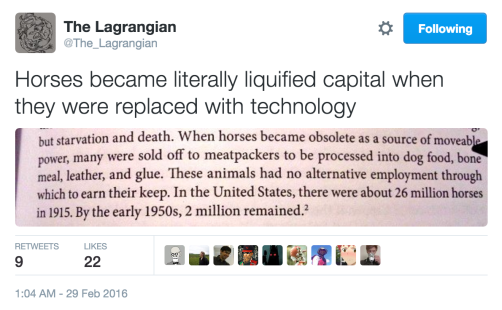In Louis Theroux’s LA Stories, Among the Sex Offenders, Louis interviews several sex offenders. One person he interviewed was twice convicted of rape. He admits he did it, but explains:
I’m not what we call a tree jumper. I don’t jump out of trees and attack women physically and hold them down and all that. no no no. This was a thing that happened with my girlfriend, got out of hand.
Another person Louis interviewed had been repeatedly convicted of indecent exposure (exhibitionism). He explained:
I think the standard impression of exhibitionists is someone that jumps out from behind a bush or a tree with a trench coat and tries to surprise someone. “Aha!” and shock them. When i do it, i want to retain their attention for as long as possible. I don’t want them to run away in fear. I want to be noticed. Maybe talked to. And in some cases they talk to me.
It is interesting to me that they each came up with basically the same comparison. To them, what is worse than their sex crimes are surprise attacks – surprise being a key distinction. Their offenses either involved someone they already knew (in the first case) or someone that they tried to connect with in some way (be noticed, spoken to). The shock attacks I guess are more impersonal and in their minds show a higher level of sociopathy (because of the impersonal nature). I wonder, though, why they see that as worse. Is it strictly because it’s distinct from what they did, or is there reason to think that most people would see it as worse? Is it worse to rape a stranger than a girlfriend? Why do they think that? They could have compared themselves to murders, but chose to compare themselves to something closer to what they did.
I also wonder if the “at least I’m not a tree jumper” argument is more for themselves (to not feel like as bad of a person, internally) or more as a way to try to shape how others view them. Of course, how they perceive that they are viewed by others might affect how they view themselves.

